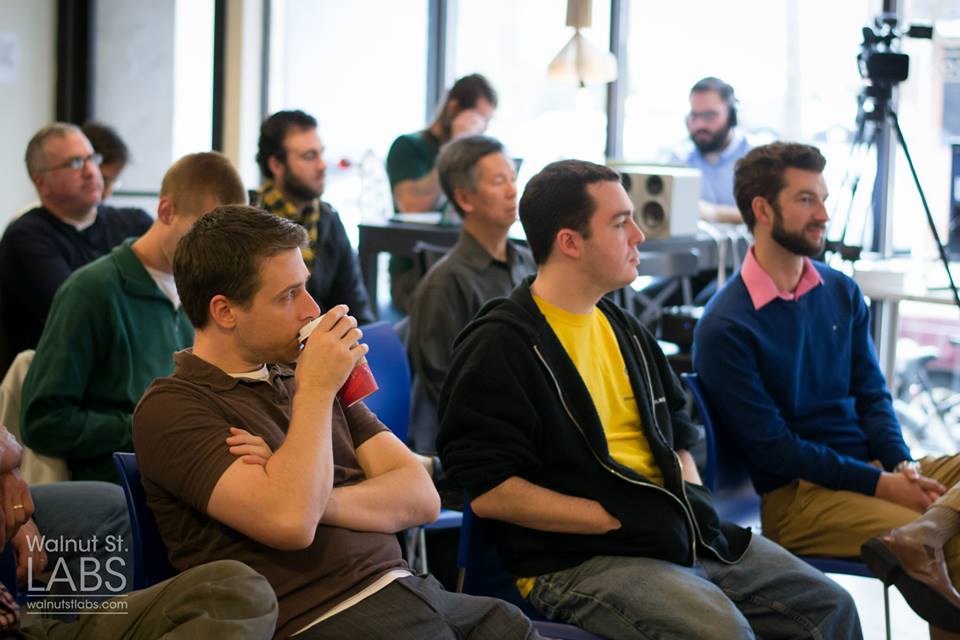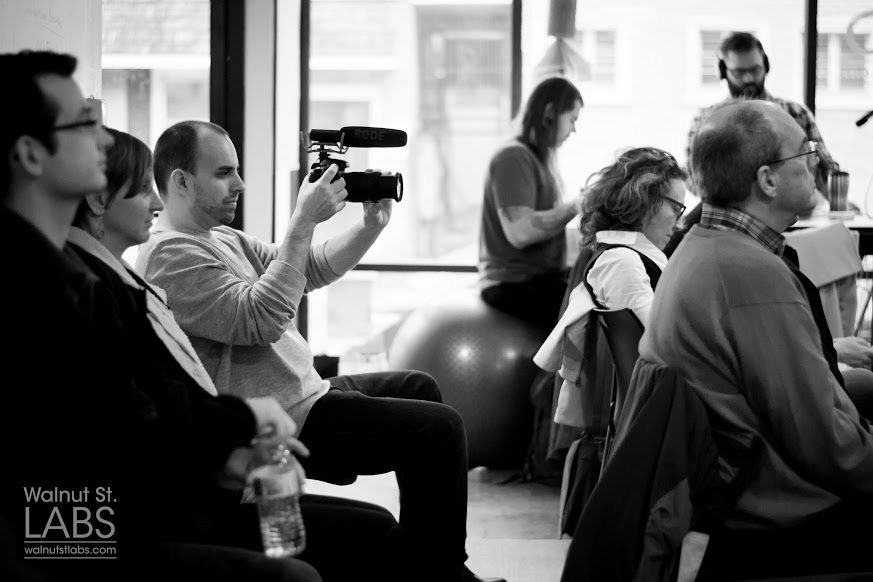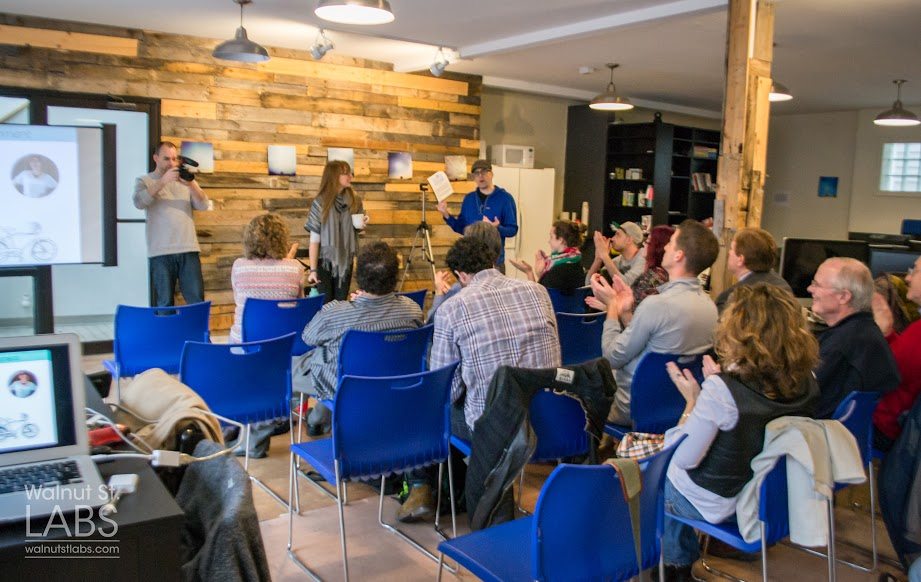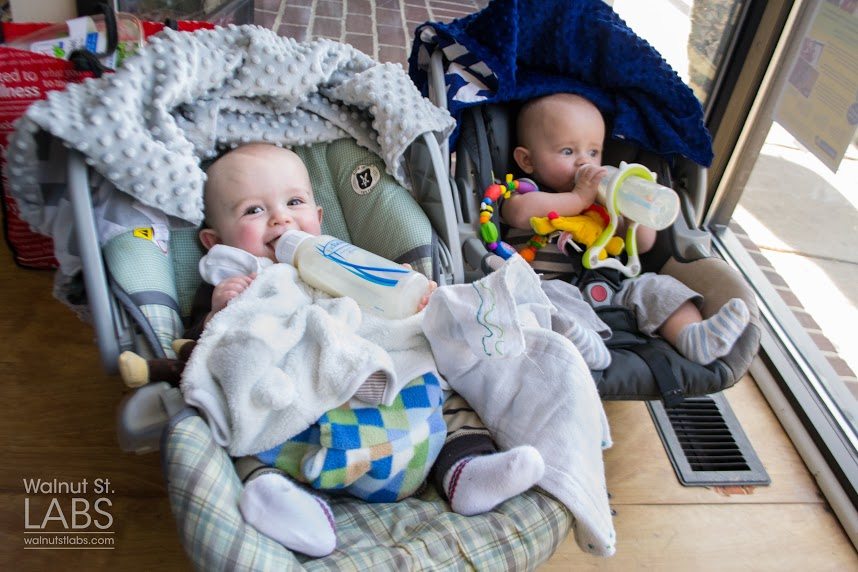Tips for Business and Career Pivots w/ Chris Cera
Chris Cera, CEO of Arcweb
“If you’re trying to figure out what you’re going to do in life, you have to recognize that all possibilities come through new people. It’s pretty much a necessity that you meet new people to create new possibilities. You have to set yourself up to meet as many people as possible, and in the process of building a number of relationships, you’ll meet the hustlers; the people that you want to partner with in your next company.”
— Chris Cera, CEO of Arcweb

“A lot of people, especially entrepreneurs, have experienced building features of little value, or perhaps the first iteration of a product that has little value. I try to focus on methods for minimizing risk and prove viable business models using the minimal amount of money possible.”
— Chris Cera, CEO of Arcweb

“I think the first person to mention the entrepreneurial career path to me was Gabe Weinberg, who’s been very influential to me in my career.”
— Chris Cera, CEO of Arcweb
“When you’re telling your partner or your family that you’re going to go work on this startup; what you really should be telling them from an expectation management perspective is, ‘I’m taking the plunge! I’m quitting my job and I’m never going back!'”
— Chris Cera, CEO of Arcweb

“The whole reason why communities and coworking spaces exist is because it gets people out of their houses and into areas where they can be with likeminded people. I remember Indy Hall‘s original slogan use to be,’Because working alone sucks!’. I felt like that was a great slogan.”
— Chris Cera, CEO of Arcweb

“What I found to be unique at Philly Startup Leaders was that everyone there was trying to hustle and build their next thing. It was something that was really special to me and something that I hadn’t encountered at other events during that time.”
— Chris Cera, CEO of Arcweb
“Organizing an event is a great way to actually meet people and work with people that you wouldn’t otherwise work with.”
— Chris Cera, CEO of Arcweb
“Many of the people that I had organized events with and hung out with at PSL are now people that are buyers and ultimately customers of my company, as well as entrepreneurial peers that I have close relationships with. I know Bob Moore spoke here recently. I actually met Bob at a PSL event.”
— Chris Cera, CEO of Arcweb

“The community piece has been huge for me in terms of life pivots, and I would never underestimate the value of a places like Walnut St. Labs.”
— Chris Cera, CEO of Arcweb

“In the Philly scene, you don’t want to shut the door on someone because, who knows; that person could be your next customer.”
— Chris Cera, CEO of Arcweb
“I never seen a college class that teaches sales, which is amazing to me because selling is so important. Sales training even changed the way I dated girls.”
— Chris Cera, CEO of Arcweb

“The Awesome Pipeline: I built a list of everyone that I knew who is awesome, and even some of people that I wanted to know. And, the idea is to get in front of them and pitch them something, in order to test it out what you want to do.”
— Chris Cera, CEO of Arcweb



























